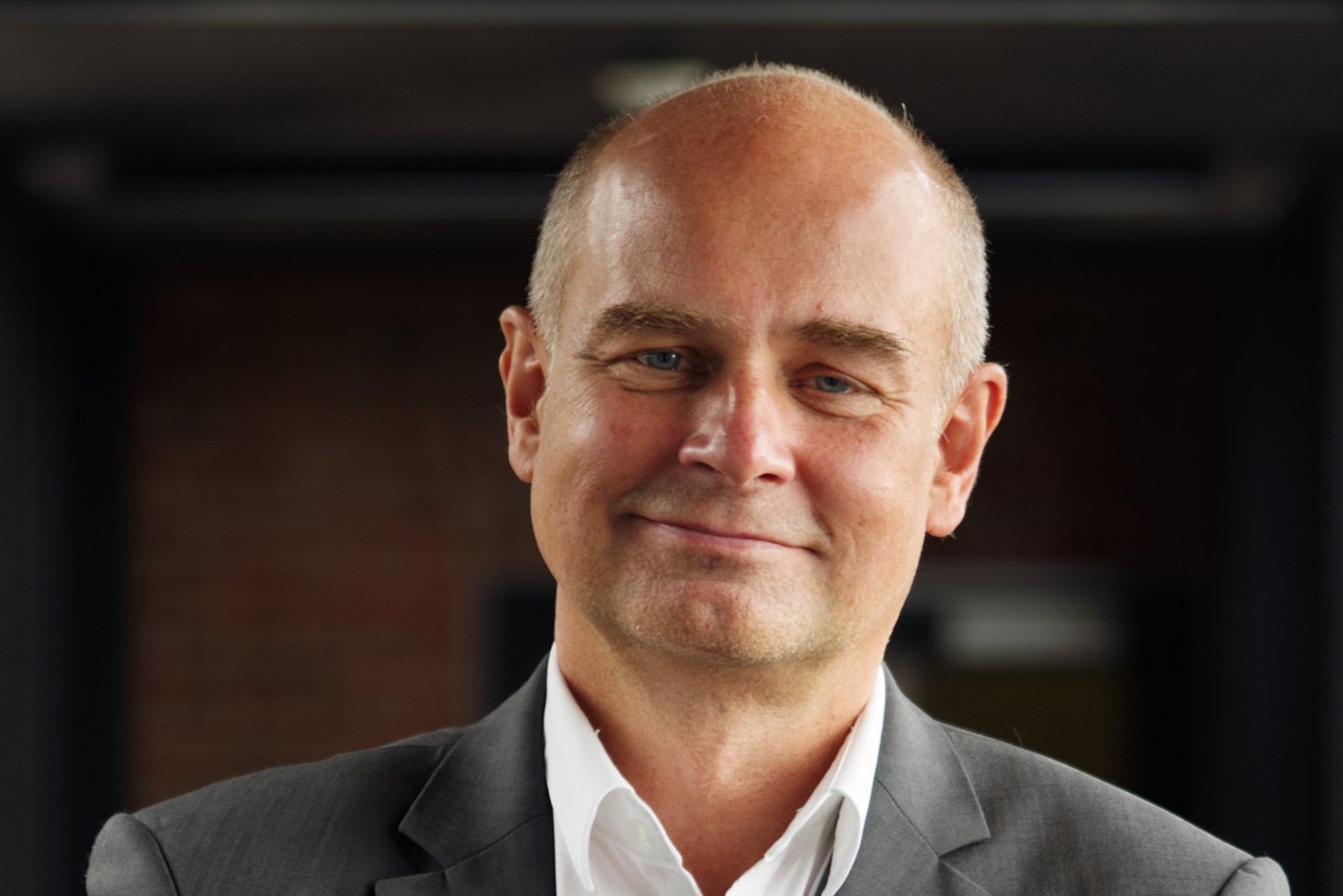Combating Mpox
BNITM supports East Africa in activating mobile laboratories
The East African Community (EAC) is facing a major challenge: seven of the eight member states are directly or indirectly affected by the current Mpox outbreak. The EAC has therefore activated its network of mobile laboratories. The BNITM has been playing a key role in setting this up since 2017. Employees are now also on site to assist with diagnostics.

The EAC Mobile Labs have significantly expanded the possibilities for containing epidemics in East Africa. They have already proven their worth several times: during the SARS-CoV-2 pandemic, for example, during the Ebola virus outbreak in Uganda in 2022, last year during the Marburg virus outbreak in Tanzania and just this year during the yellow fever outbreak in South Sudan.
The idea behind it: It is not the samples that come to the laboratory, but the laboratory that comes to the samples. This is because the mobile laboratories can also be set up in health centres in remote communities. This saves long journeys to the central laboratory in the capital. And the time from sample collection to test result is reduced from several days in some cases to around eight hours. In the time saved, local medical staff can already treat and, if necessary, isolate patients, inform the population and, if possible, launch vaccination campaigns.

The East African Community has now activated the network for the current Mpox outbreak in the region. With the help of the project funds from the German Federal Ministry for Economic Cooperation and Development (BMZ) the EAC is providing start-up funding to enable six partner countries to deploy their respective mobile laboratories in strategic high-risk areas, such as border regions. The money can also be used to send one of the laboratories to the Democratic Republic of Congo (DRC). The DRC is currently the most affected EAC partner country.
The start-up funding covers the costs for logistics and materials as well as for six laboratory staff per laboratory. Many of them were either trained by the BNITM or by trainers who in turn attended BNITM workshops (training-of-trainers seminars).
Another important task in the current Mpox outbreak is to monitor potential genetic changes in the virus and detect new variants at an early stage. To this end, the EAC health authority is setting up a regional Mpox genomic surveillance network. The necessary sequencing equipment is currently being transported to the partner countries by the BNITM team at the EAC headquarters in Arusha. The network will be one of the largest sequencing infrastructures in Africa, equipped with six high-throughput next-generation sequencing machines for the central laboratories of the ministries of health and twelve sequencing machines for mobile laboratories. This is complemented by highly trained personnel: twelve bioinformaticians and twelve sequencing experts - all in all a unique platform for the genomic monitoring of Mpox.
‘With its mobile laboratories, the East African Community has excellent tools and - more importantly - excellently trained personnel to contain the current Mpox outbreak,’ says BNITM Chair Prof. Jürgen May. ‘This enables a rapid response in the early phase of the Mpox epidemic. We are very pleased that we were able to contribute to the establishment of this network with our knowledge and experience in the diagnosis of dangerous pathogens.’

The start-up funding from the East African Community is intended to bridge the gap until additional national and/or international funding can support the mobile laboratories in the longer term during the Mpox outbreak.
About the EAC Mobile Labs
The EAC Mobile Labs are a network of nine mobile laboratories in eight East African countries (Burundi, Democratic Republic of Congo, Kenya, Rwanda, Somalia, South Sudan, Tanzania and Uganda). The laboratories consist of sample reception areas, mobile gloveboxes, PCR workbenches and PCR machines and, if necessary, ELISA modules for serological tests. All the material can be packed in boxes and transported by lorry to hard-to-reach regions. Laboratory staff in five countries underwent comprehensive Mpox diagnostic training in 2022. The EAC Mobile Labs were set up with financial support from the German Federal Ministry for Economic Cooperation and Development (BMZ) and the Kreditanstalt für Wiederaufbau (KfW).
About the Bernhard Nocht Institute for Tropical Medicine (BNITM)
The Bernhard Nocht Institute for Tropical Medicine (BNITM) is Germany's largest institution for research, care and teaching in the field of tropical and emerging infectious diseases. Current thematic focuses are malaria, haemorrhagic fever viruses, neglected tropical diseases (NTDs), immunology, epidemiology and the clinic of tropical infections as well as the mechanisms of virus transmission by mosquitoes. For the handling of highly pathogenic viruses and infected insects, the institute has laboratories of the highest biological safety level (BSL4) and a security centre for the investigation of mosquito-borne viruses. The BNITM supports the establishment of (mobile) laboratory capacities in numerous countries of the Global South.
Downloads
Contact person
Dr Florian Gehre
Department of Infectious Disease Epidemiology
Email : gehre@bnitm.de
Dr Muna Affara
Department of Infectious Disease Epidemiology
Email : affara@bnitm.de
Julia Rauner
Public Relations
Phone : +49 40 285380-264
Email : presse@bnitm.de
Further information






